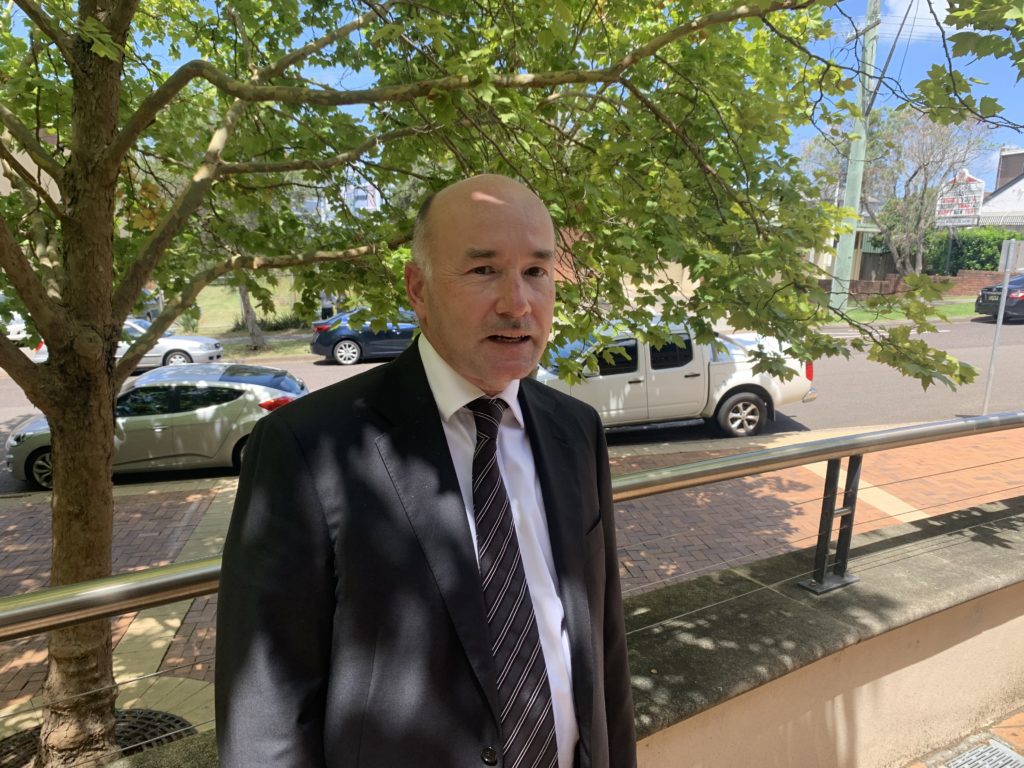Central Coast Council’s long-term financial plan includes a rate rise, three years after it was supposed to be removed.
The issue was highlighted when Administrator Rik Hart gave an overview of Council’s finances at the candidates information session on April 9.
He showed a rolling 10-year financial plan with the one-off rate rise of 13 per cent that was supposed to end in 2030-31 being factored into the financial plan three years later.
Resident Kevin Brooks asked a question about the “temporary rate increase being baked into the figures”.
He said there would be “a whole sea of red ink without it” and he said that incoming councillors would be confronted with the assumption the temporary rate rise was staying long term.
Hart said Brooks was “quite correct” and that Council would have to go through a process of applying to the Independent Pricing and Regulatory Tribunal (IPART) to get that to stay.

In one of its earliest acts under administration in December 2020, Council signed up for two emergency loans for a total of $150M.
The administration then approached IPART for a one-off rate rise of 13 per cent plus CPI, which was two per cent that year, making it a 15 per cent increase.
IPART approved the one-off increase for three years but Hart immediately went back to IPART asking for it to be extended for a total of 10 years.
That was approved.
Meanwhile, rates continued to increase each year by the rate peg.
In November last year, Hart adopted Council’s long-term financial plan, which estimates the growth in income and expenditure for the next 10 years from 2024.
A deficit kicks in in 2026-27.
The size of the deficit changes depending on four different scenarios.
But the one scenario that Hart adopted at the November 28, 2023 meeting retained the one-off rate increase from 2021-22 that is due to expire in 2031.
(See that story from November: https://coastcommunitynews.com.au/central-coast/news/2023/11/rates-rise-needs-to-stay-council/).
Council has already paid back $100M and could pay back the $50M later this year.
But Hart explained at last week’s session that Council was paying a low interest rate of some 1.9 per cent and was getting an interest rate of four per cent on investments.
Hart said the $50M loan had to be paid back by 2026, and it could be paid later this year but it didn’t make sense, with the interest rate it was getting.
Slides from Hart’s presentation and a third speaker’s overview of the role of a councillor are on the Council website: https://www.centralcoast.nsw.gov.au/about-council/council/election-and-referendum
Merilyn Vale



